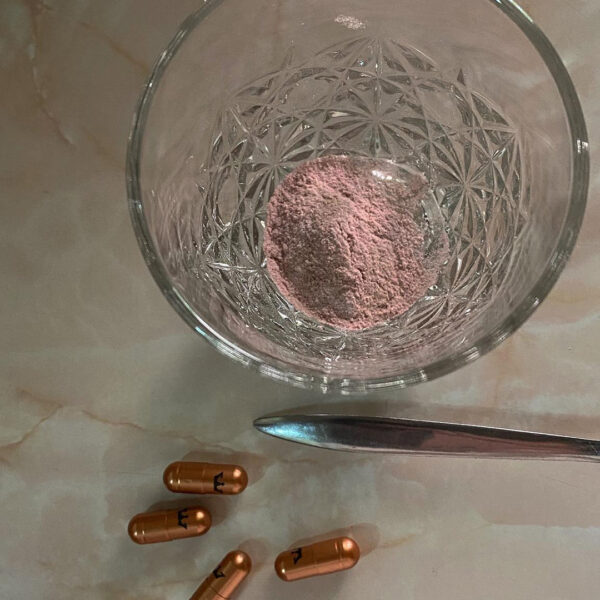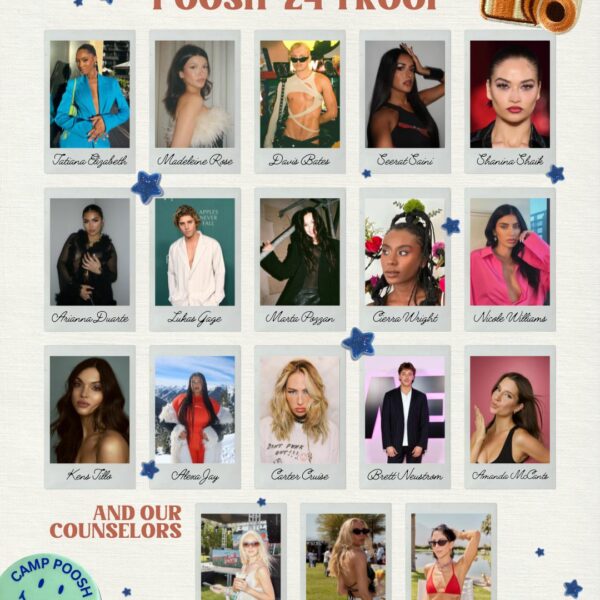No one can choose the family into which they are born, though many people wish they could have had more say. For children who grow up with narcissistic parents, the legacy of pain can be long-standing and insidious, and choosing to heal may mean choosing to change the ongoing nature of their first and most formative relationships in life. Grief is inevitable, and hope is possible, for a child reeling from the wounds of narcissistic parenting, if they are willing to step onto a path of active healing.
There is plenty of information out there about narcissism, but one of the hallmark features of this personality organization is that narcissists employ those around them as objects for constant attention and adoration and use them to shore up their emotional needs in a nonreciprocal fashion. The children of narcissists are no exception, and this is exaggerated when the mother’s partner is not available, or tension clouds her primary relationship.
Editor’s note: Although this article uses male pronouns, the advice applies to all sexual orientations and gender identities.
A narcissistic mother may be enmeshed and obsessed with her son in a manner that is flattering and falsely empowering, or critical and shaming—sometimes both. Alternatively, she can be physically neglectful at times, wrapped up in a swirl of her own psychodramas. In an insidious betrayal, she can also be emotionally neglectful, invalidating or dismissing her son’s needs in plain sight.
Narcissistic mothers cannot tolerate emotional distress, and as a result, project their shame and externalize blame for their discomfort on everyone around them, including their son. They see their sons as an extension of themselves, so those sons often feel used, chewed up, and engulfed by her needs and expectations, while simultaneously vying for her approval and striving to avoid letting her down. Narcissistic mothers are wildly insecure, prone to rage, and volatile in their temperament, and they easily take offense and personalize even the slightest modicum of dissent. They often have collapsed or nonexistent boundaries, with pockets of rigid withholding baked in intermittently. Threatened by any efforts to individuate, narcissistic mothers actively suppress any steps her son may make to be his own person, if it does not align with the man his mother needs him to be to sustain her fragile sense of self.
Loving a man with a narcissistic mother can be as rewarding as it can be challenging. They often have big hearts, though may struggle with intimacy and emotional availability at times. Much depends on the severity of his mother’s symptoms and his level of understanding of the condition and his own self-awareness and emotional intelligence. His wounds are likely layered and not always easy to spot. He may be overly protective of his mother, if he craves her validation, feels the need to save her from her own fragility, or has a difficult time managing his own feelings of guilt. When dating a man with a narcissistic mother, there are a few things you might expect to observe or encounter.
From his narcissistic mother:
Controlling and manipulative behavior
Gifts and love bombs – These may come from his mother or from him.
Competition and sabotage
Invalidation of you and him
No boundaries
Triangulation
Guilt and obligation – With mom and you (may overpromise and underdeliver).
Loyalty binds
Overprotection of mom – Hesitance to introduce you to mom, and you may feel like the other woman.
Patronizing or placating behavior toward you (passive-aggressive demeanor)
Womanizing – Eroticized rage may haunt his arousal. You may feel he has an axe to grind with women. Remember, his mother used him, so he was shown how to objectify by a woman. He may be more prone to sex addiction or affairs in an unconscious attempt to express his anger.
Emotionally unavailable and avoidant – Avoidant attachment styles often form when a parent is engulfing or boundaryless like a narcissistic mother can often be.
Difficulty with commitment – Ken Adams calls this picking non-starters (especially in the case of sex addiction).
Struggles with self-esteem
Perfectionistic
Concerned about appearances (impression management)
Sensitive to invalidation or criticism
Worries his fears and needs may scare you away – Remember, his needs were not seen, met, or tolerated by his mother. He learned how to get some relational needs met by subjugating his needs and staying close within the character mold his mother provided. He may struggle with authenticity and vulnerability as a result.
Extremely high-achieving or self-sabotaging, or both
May evidence some symptoms of narcissism – There are some genetic precursors to narcissism, but whether born or learned, he may have some narcissistic tendencies. Overt or covert.
It may seem pertinent to examine him, his needs, his feelings, and his process, or outline a long list of events that highlight his mother’s overbearing presence. However, if you find yourself loving a man with a narcissistic mother, be sure to check in with yourself, often and rigorously. What are your needs? Are they being met? What are your boundaries, and are they respected? Does your man stand up for you and protect you? Has he been to therapy? Have you? Consider whether he has begun to individuate and prioritizes your relationship in a way that works for you. Speak up, and resist the pressure to attenuate.
Loving a man with a narcissistic mother may come with its challenges, but if he is committed to his own individuation and healing, it can be a wonderful relationship between you and a man who has been yearning for mutual love and has a lot to give.
Poosh Edit: Essentials for an Ideal “Me” Night

Dr. Kate Balestrieri is a licensed psychologist, certified sex therapist, certified sex addiction therapist, PACT therapist, and founder of Modern Intimacy, a group practice in Los Angeles, Miami, and Chicago. Listen to her podcast, Modern Intimacy, and follow her on IG @drkatebalestrieri.
The content provided in this article is provided for information purposes only and is not a substitute for professional advice and consultation, including professional medical advice and consultation; it is provided with the understanding that Poosh, LLC (“Poosh”) is not engaged in the provision or rendering of medical advice or services. The opinions and content included in the article are the views of the author only, and Poosh does not endorse or recommend any such content or information, or any product or service mentioned in the article. You understand and agree that Poosh shall not be liable for any claim, loss, or damage arising out of the use of, or reliance upon any content or information in the article.
Up next, be the first to know our weekly content and sign up for our Poosh newsletter.





































